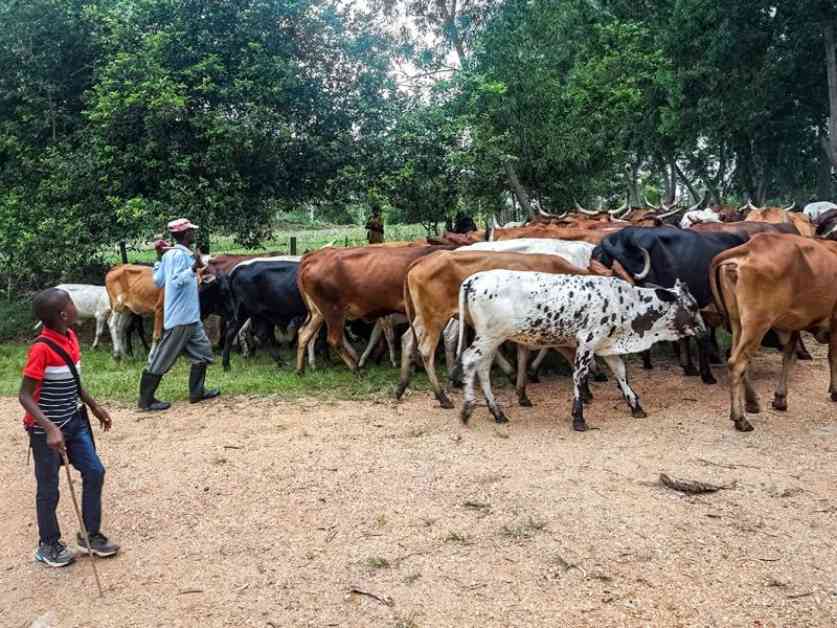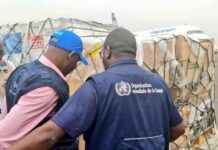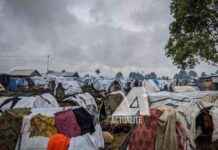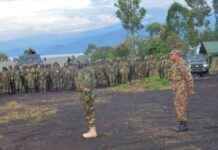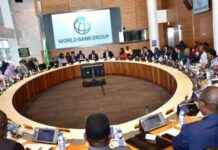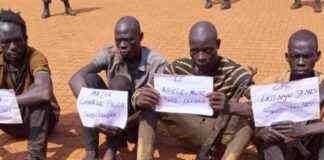Mbororo Herders Cause Concern in Faradje
In a recent development that has sparked concerns among local authorities and civil society members, nearly 2,000 cattle belonging to Mbororo nomadic herders from South Sudan have crossed into the Democratic Republic of Congo. The herders entered through the Kakwa Ima chiefdom, heading towards the Logo Lolia chiefdom in the Faradje territory, according to Jean-Claude Malitano, the coordinator of the local civil society group.
Questions Raised by Civil Society
The sudden influx of cattle was reported during the night of Friday, January 17, to Saturday, January 18, 2025. Malitano expressed worries about the lack of control over the herders’ entry and the potential impact on the local community as they approach the rainy season.
“What measures have been taken to manage such situations? It is not normal for foreigners to arrive at night without being checked. They are heading towards the Logo-Lolia chiefdom, but for how long? The population in this area mainly relies on agriculture,” Malitano stated in a press briefing.
Appeal to Authorities for Immediate Action
Malitano called on the relevant authorities to address the issue promptly and ensure the prompt evacuation of the foreign herders to allow the residents of Faradje to begin their agricultural season peacefully.
“The population in this region depends largely on agriculture for sustenance. The massive arrival of this livestock poses a direct threat to their farming activities,” he emphasized.
In light of these developments, it is crucial for local officials to swiftly assess the situation and take necessary actions to protect the interests of the community in Faradje. The concerns raised by civil society members highlight the importance of effective governance and border control measures to safeguard the livelihoods of local residents.
As we await further updates on this unfolding situation, it is essential for authorities to prioritize the well-being and security of the population in Faradje. Stay tuned for more information on how this issue will be addressed to ensure the sustainable coexistence and prosperity of all residents in the region.
